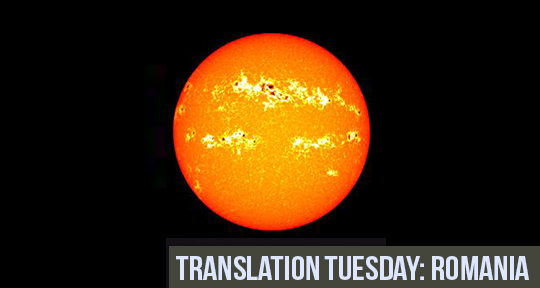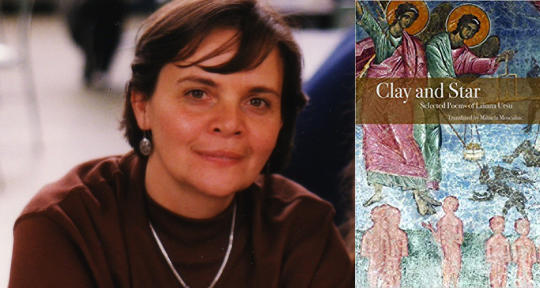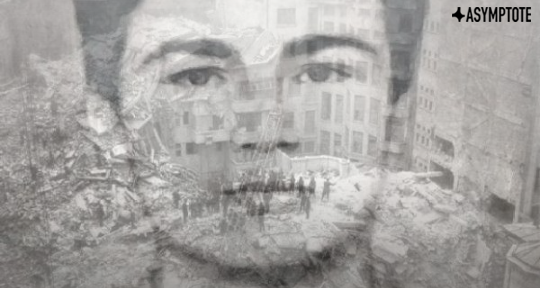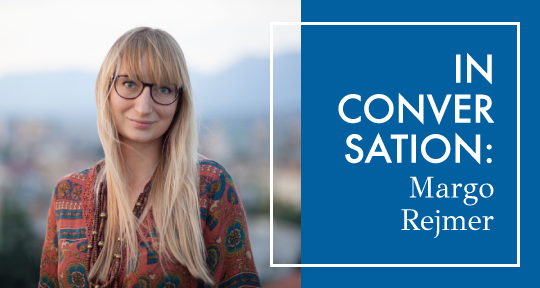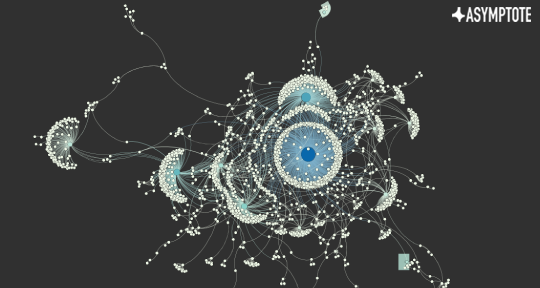Asymptote’s Spring 2020 issue is here, featuring new work from thirty countries and twenty-four languages, as well as a Galician Poetry Special Feature. Not sure where to begin? Our blog editors can help, as they reveal their top picks from the new issue below:
It’s difficult to write, these days. In this state of global precarity, wrenching us from our patterns into stasis, the days stretch towards their completion; daily urgencies take on a more sinister tone, heightened by circuity. There is indeed time, heavier in our stock, yet the dilemma remains: the heaviness, the disintegration of form, the failure of words to justify their surroundings. After a while I realized that it is because in order to write, and to write forcefully, the writer must be able to imagine a world in which their text survives, and contributes. Yet the time has arrived, much sooner than anticipated, of a future in pieces. I’ve never been one to envision literature as a portal for escape—it seems to me that the most sublime of texts enforce us into the deep centre of the world we live in. So from Asymptote’s Spring 2020 issue—a wondrous collection of work that arrives, across boundaries, to strike a new presence—I selected certain poems that bring a special dignity to our capacity for visioning.
Natalia Toledo’s poems, translated from the Zapotec and Spanish by Clare Sullivan and Irma Pineda, stir vibrant tremors across the senses. Precise in intimate reference and conditioned with everyday magic, her language is of the sacred nature we infuse into the ordinary in order to contextualize the world to our definitions. Take “Prayer”:
For those days when the sun burnished my hair
And my smile was the blinding bright of a salt crust.
For the photographs stuck to a piece of cardboard,
their swift migration to our family altar.
For the petate and its map of urine stains,
for the twisted trees upon the rippled water.
For all that I made into a life.
I sing.



